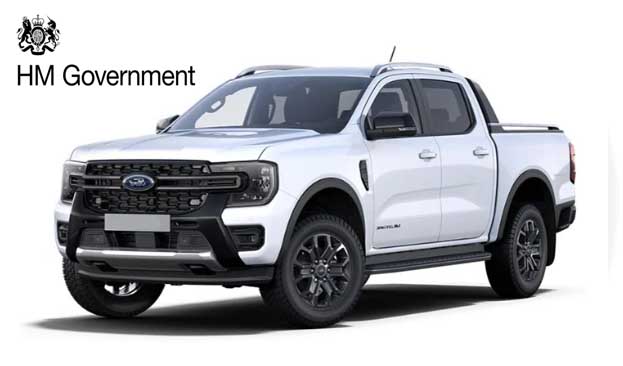A Win for Owners and Businesses
A Swift Change in Direction
In an unexpected turn of events, the government has rescinded its earlier decision to classify double-cab pick-ups with a payload of one tonne or more as cars for taxation purposes. This change, which was initially set to take effect on July 1, 2024, would have altered the way these vehicles are taxed under capital allowances and benefit-in-kind taxes for any vehicles ordered after the mentioned date. Vehicles ordered or owned before this date were to be grandfathered under the old classification until April 2028. However, just seven days after its announcement, this policy was withdrawn in response to significant pushback from the automotive industry.
Industry and Government Collaboration
The reversal came after the Society of Motor Manufacturers and Traders (SMMT), led by chief executive Mike Hawes, voiced strong opposition to the changes. The SMMT argued that the new classification would significantly increase costs and complicate choices for many, particularly affecting businesses and individuals reliant on these vehicles. In withdrawing the guidance, the government has ensured that double-cab pick-ups will remain classified as goods vehicles, allowing for continued beneficial tax treatment.
This move aligns with the government’s broader objectives to support businesses, especially within the vital motoring and farming industries, by maintaining favourable tax conditions. Consultations on the draft legislation are planned to ensure the intended supportive outcomes are achieved before its introduction in the next Finance Bill.
Continued Support for Key Sectors
Nigel Huddleston, financial secretary to the Treasury, underscored the commitment to adjusting the law in the upcoming Finance Bill to avert any inadvertent economic disadvantages to critical sectors of the UK economy. Echoing this sentiment, Mike Hawes of the SMMT praised the decision as a relief for many, highlighting its importance for sole traders and businesses within the construction and farming sectors. He emphasised that such a move, especially announced with minimal notice, could have disrupted market dynamics and hindered decarbonisation efforts.
The government’s decision ensures that there will be no increase in the benefit-in-kind tax for employees provided with these vehicles and no reduction in the first-year capital allowances for businesses purchasing them. This approach simplifies the tax system and maintains consistency in tax treatments for double-cab pick-ups regarding capital allowances, benefit-in-kind, and VAT.
A Positive Outcome for All
The government’s withdrawal of the updated guidance, set to happen on the afternoon of Monday, February 19, 2024, specifically benefits double-cab pick-ups with a payload of one tonne or more, keeping them within a favourable tax framework. Simon Warne, a partner at Crowe UK, hailed the U-turn as a welcome development for the automotive industry and the many businesses that depend on these versatile vehicles, particularly in the farming and construction sectors. The decision reflects a broader understanding of the economic implications and supports the industry’s push towards sustainability and efficiency.








